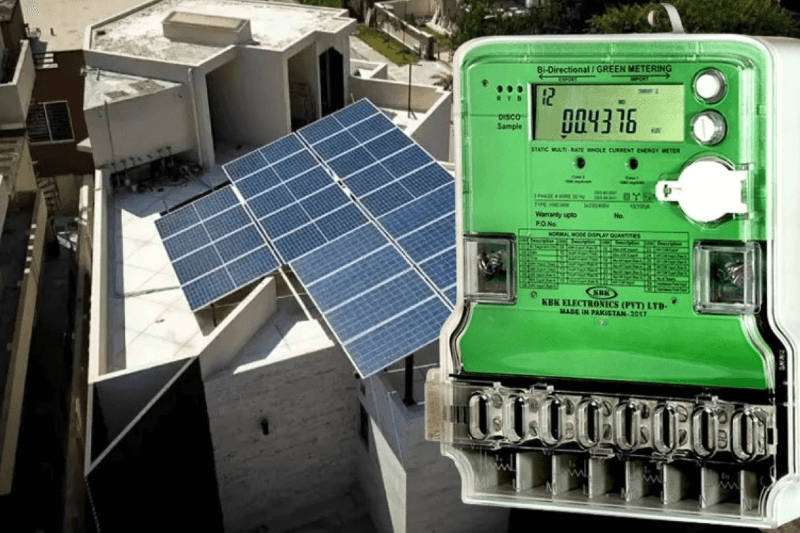
(C)PhotoNews Pakistan,pakistan considers drastic cut in solar net metering rates sparks concern
The Pakistan government is currently reviewing a massive cut in the tariff for roof-mounted solar power, which could come down from the present Rs 21 per unit to between Rs 7.5 to Rs 11 per unit under the net metering system. This policy change is quite huge given the fact that the country has been focusing on the use of decentralized renewable energy technologies Meanwhile the government has been experiencing pressure from the International Monetary Fund (IMF) to increase consumption of grid electricity. The changes under consideration would drastically shift the conversion ratio of solar-generated units to grid units six to one as it stands now two to one.
The IMF has raised more concern on the increased dependence on solar power and the consequences to conventional grid electricity. This concern has assumed special importance in view of the fact that Pakistan has a large import of solar equipment: Pakistan imported around 15GW of solar panels worth $2.1 billion from China in the last fiscal year. This international lending body is recommending actions to ensure stable grid electricity demand.
The Energy Ministry is also concerned that the proposed adjustments are mainly going to solve the rising issue of high-capacity payments that surround the use of solar power. This change in the net metering system is a big blow to Pakistan’s renewable energy policy since it may impact thousands of solar panel users across the country.
New proposed net metering rates by utility companies are set to lower the future returns of current installers of solar panels and slow down the growth of new installations. This policy change is a great improvement in achieving the use of renewable energy sources while at the same time being fair to the conventional electricity business. The government also has the following challenge: concerns about how the transition can be achieved in a way that will not compromise energy security.



